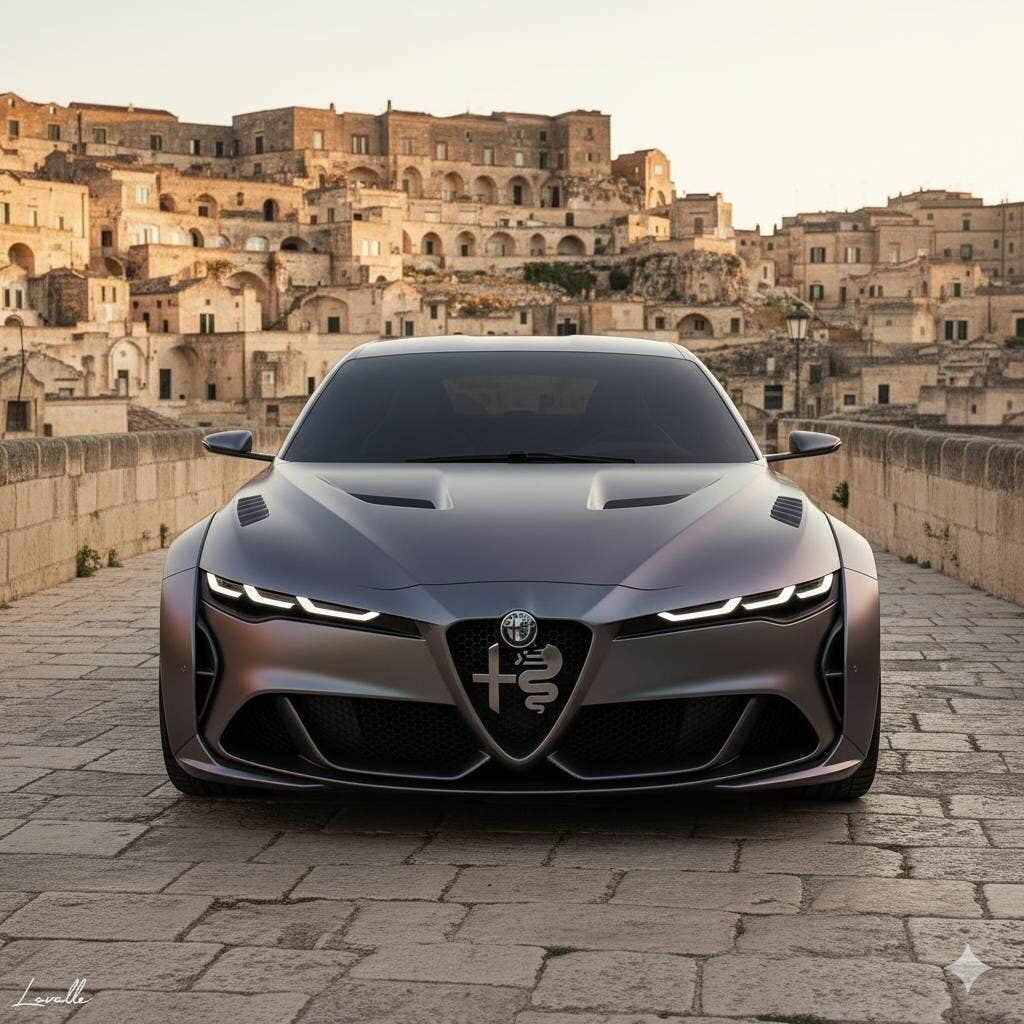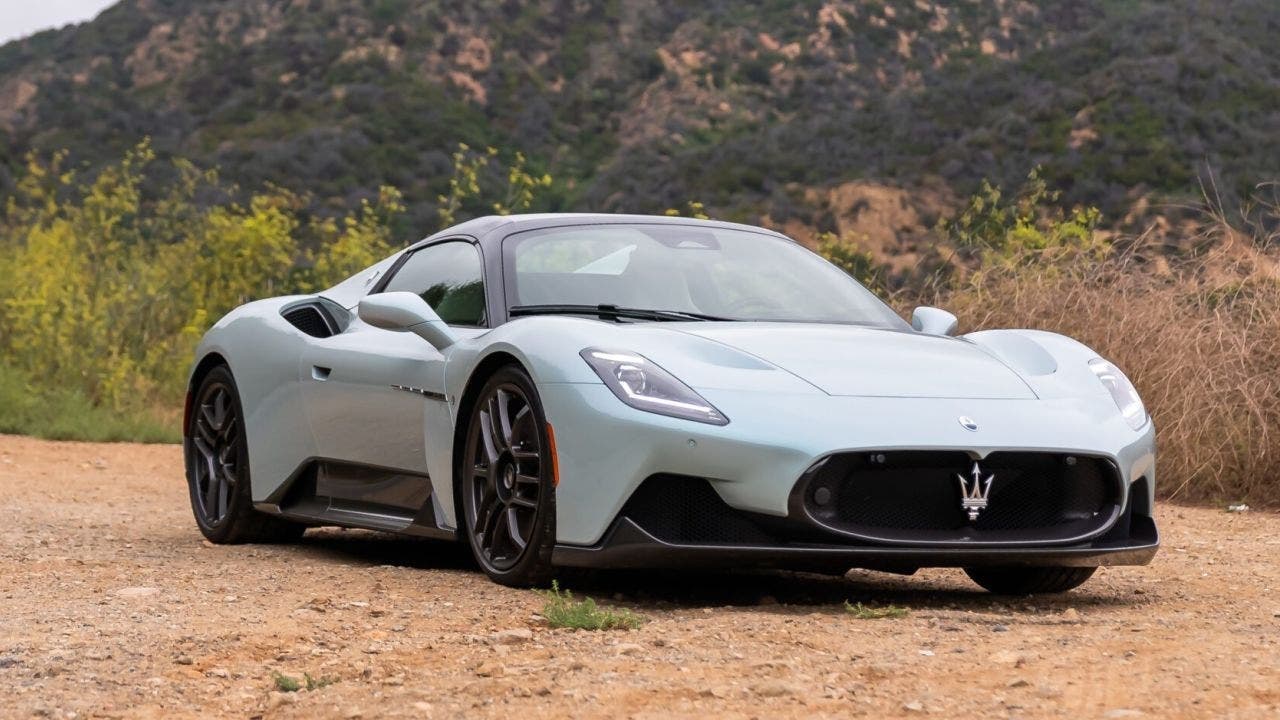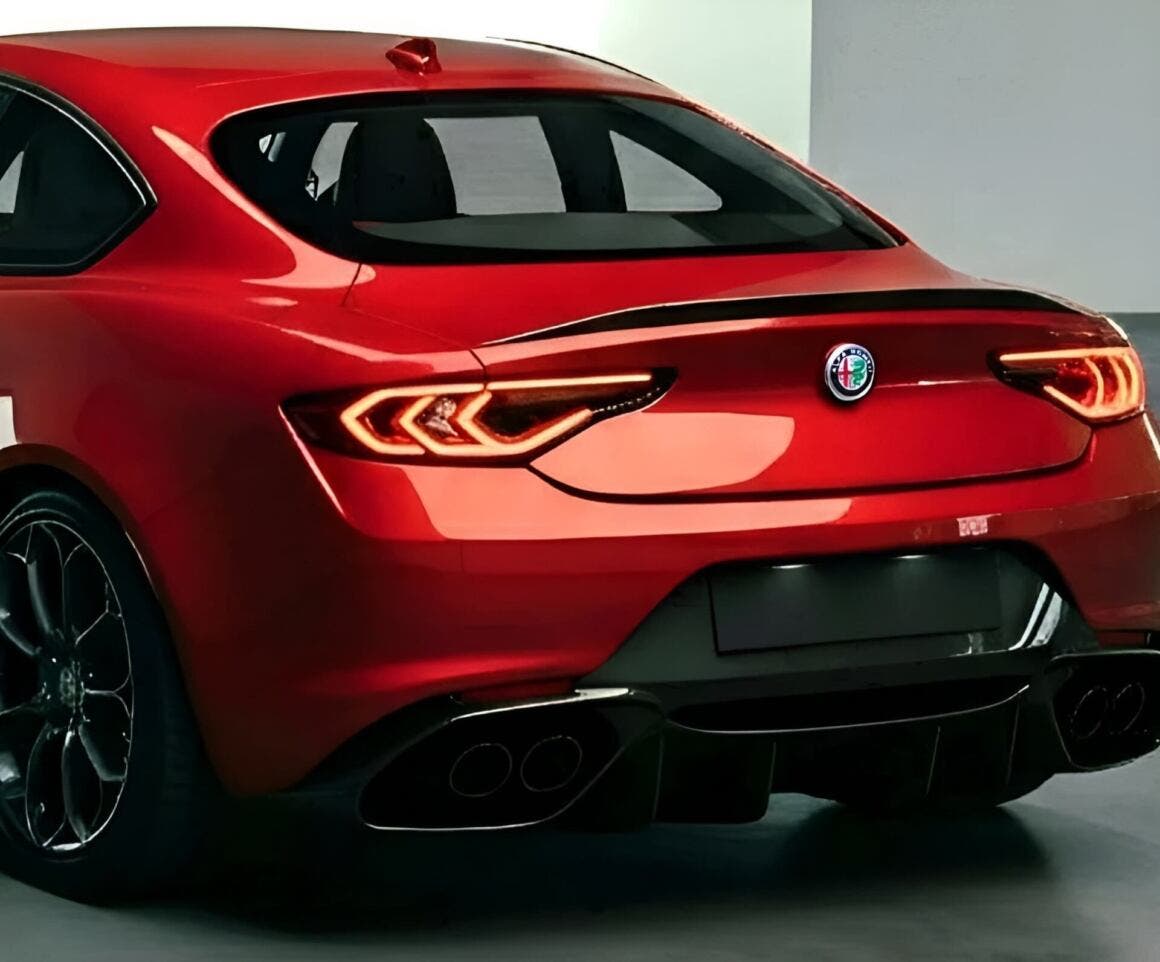The CEO of Alfa Romeo and Chief Operating Officer of Maserati, Santo Ficili, has shared several statements with the Italian media regarding the future of both brands. The meeting, highly anticipated, aligns closely with the broader perspective expressed by Antonio Filosa, the new CEO of Stellantis, who recently hinted at cuts to upcoming models from Alfa Romeo, Lancia, and Maserati.
Santo Ficili explains Stellantis strategy shift for Alfa Romeo and Maserati

Santo Ficili clarified several key points, echoing positions already discussed within Stellantis. At the same time, his remarks help explain some of the group’s recent strategic decisions, for instance, those concerning the next generations of the Alfa Romeo Giulia and Stelvio, especially when it comes to electrification.
At the core, however, lies a fundamental concept shared by both Alfa Romeo and Maserati: the idea of Italian identity. This distinctive quality, rooted in design, performance, and emotion, remains a true value added for both the Biscione and the Trident, defining their DNA and market appeal.
One of the central takeaways from Ficili’s comments concerns the strategic shift toward electric vehicles. He explained that recent decisions, including those affecting Maserati and Alfa Romeo, stem from the realization that market conditions have changed, adoption of electric mobility has not progressed as quickly as expected.

As a result, Alfa Romeo has decided to extend the lifespan of the current Giulia and Stelvio until around 2027, when their next generations are expected to debut. In contrast, Maserati’s MC20 Folgore project, despite being highly advanced and technologically impressive, has been put on hold due to a lack of customer interest.
Ficili added that the need for a more cautious approach to electrification doesn’t stem from automakers’ investment limits, but rather from a broader systemic issue, a shift in timing and market readiness that calls for renewed evaluation of opportunities and priorities.
Regarding competition from Chinese manufacturers, Ficili acknowledged that while they represent a growing challenge, they lack the heritage and authenticity that define European automakers. According to him, this intrinsic value, something only the most iconic brands possess, remains out of reach for their Chinese counterparts.
